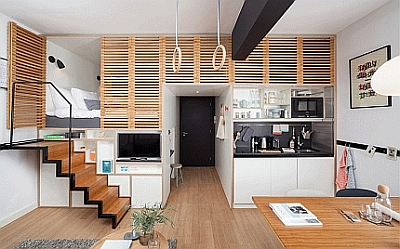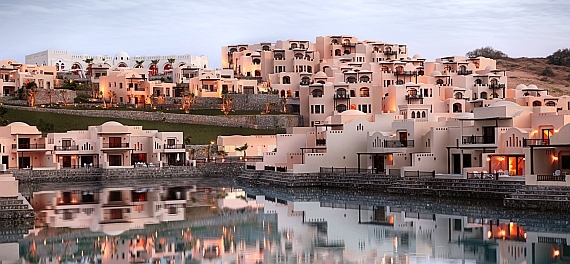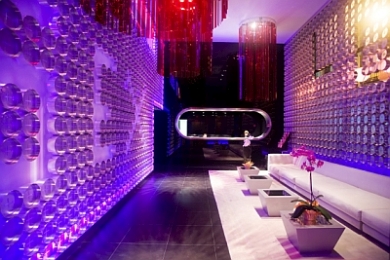
News & Stories
Vienna. Many Austrian politicians do not want to position themselves clearly on the subject of refugees; they are concerned about their votes in the next election or about the country's loss of image as a tourist destination. However, the hotel industry acts differently: it has already started to organise official relief operations.
Doha/Dubai. In times in which the future host nation of the Football World Cup, Qatar, is making lots of headlines, the national hotel company Katara Hospitality is pushing forward quietly and consistently with its brand and expansion drive. And it is achieving its expansion targets far in advance of its own forecasts. Maria Puetz-Willems met Chief Executive Officer Hamad Al Mulla in Dubai and received news, amongst other things, on the newly founded management company. Europe's hotel real estate also remains in the sights of Katara Hospitality as owner - though not at excessive prices. With respect to the successfully launched Peninsula Paris, in which Katara owns a majority stake, the CEO said that he could see scope for improvement.
Vienna. Depression rules in Vienna. The hotel industry is pleased that May is, finally, past – by reason of the Eurovision Song Contest. It created emptiness and left hope for a lasting effect on the tourism behind. At least, the advertising value of this mega event is numbered with 100 million Euro.
Amsterdam. A new player has entered the niche segments of the "lifestyle hotels" and "Serviced Apartments": Zoku. A hybrid between an apartment and a hotel room invented by the two Dutchmen, Hans Meyer and Marc Jongerius. Meyer comes from hotel operations and was a founding partner of citizenM, Jongerius comes from the investment industry. A good combination for a new product with 25 square metres for the modern nomad that relegates the traditional hotel thinking to the conservative corner. The first Zoku will open in Amsterdam during the last quarter of this year.
Innsbruck. The first edition of "TourismusWissen-quarterly" presents itself as somewhere between a magazine and scientific journal. The new Austrian medium is intended to make new academic research in the field of tourism more accessible.
Bologna. The expected merger between Italian UNA Hotels and Atahotels is a matter of fact. UnipolSai Assicurazioni SpA announced last week that its subsidiaries Atahotels SpA and UnipolSai Investimenti SGR SpA signed agreements with UNA SpA regarding the acquisition.
Atlanta. The pace of new hotel construction is picking up – and the number of dual-branded hotels increases. A US study reveals which combination of dual-branded hotels achieve the best synergies and results.
Dubai. Following Africa, the Arabian Rotana hotel chain now wants to enter Europe. CEO Omer Kaddouri announced the first details in March during ITB Berlin and he revealed a few more details during the "Arabian Travel Market" Dubai at the beginning of May. "Europe is tough," said the manager of British-Iraqi origin who received his degree at the Hotel Management School in Les Roches in Switzerland in1986. This is why he is relying on his plans with "Family & Friends". He has long had Turkey in his sights as an entrance to Europe and his attention is now directed toward Germany and the German-speaking realm.
Rockville. The franchisor Choice Hotels International has repositioned its brand both optically and in terms of contents. A new broad-scope advertising campaign presents the fresh, personal and international image of the chain in the US.
Madrid. The Olympic rider Kike Sarasola has been revolutionizing Spanish hospitality for years. In 2005, he founded Room Mate Hotels, a hotel chain based on design, location and service, which he chairs as President. It counts 27 hotels today. In 2014, he created BeMate.com, the first international combined offer of hotels and tourist apartments with additional hospitality services that led to the acquisition of Alterkeys, another peer-to-peer property rental model. Sarasola strongly believes in the sharing economy and that it is here to stay. His hotel and apartment network is growing and overcoming Spanish borders meanwhile.




